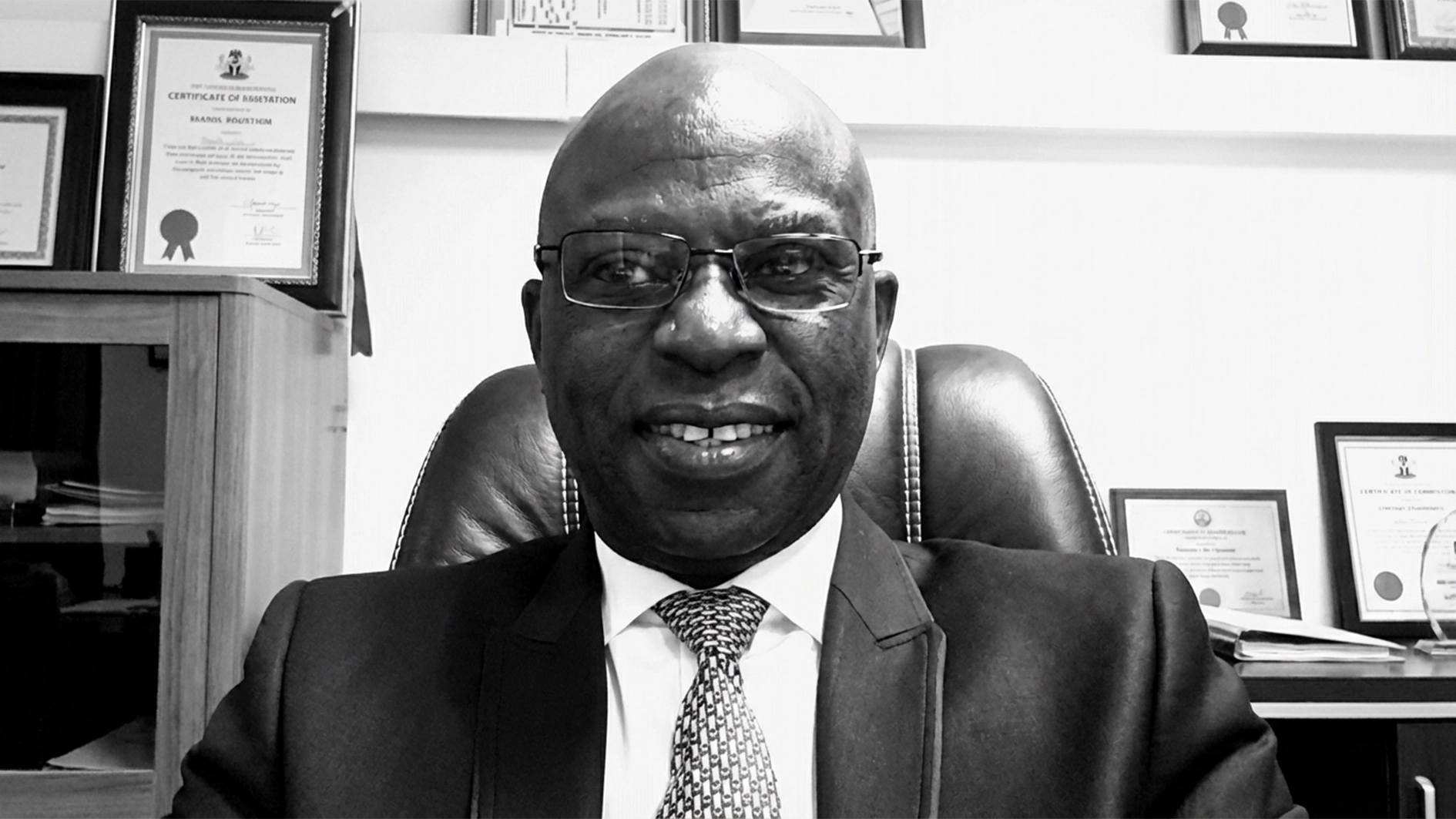
Stakeholders in the aviation industry have emphasised the need for aviation cargo insurance and safety for operators in the sector, while dissecting challenges and reiterating Nigeria’s prospects internationally.
The stakeholders, who met at the fourth CHINET AviaCargo conference recently in Lagos, said the sector has a brighter prospect with improved compliance with emerging trends and standards.
Executive Director, Operations for Consolidated Hallmark Insurance, Jimalex Orjiako, said that aviation cargo insurance protects the buyer or a seller of goods being transported through the air from damage, loss, or destruction.
“Most air freight carriers provide a minimum amount of insurance for all goods known as carrier liability. Consequently, many big shipping companies seek out additional protection offered by insurance companies.
“The air cargo insurance premium varies from company to company, but it’s a function of the destination the goods will go into, the kind of products they carry, and the value to which the rate is applied to arrive at the premium,” he said.
Orjiako emphasised the importance of insurance for operators in the aviation industry, as unpredictable circumstances could occur such as natural disasters, environmental damage, or theft. The expert highlighted that having insurance cover makes it more attractive to international buyers, mitigates risks, promotes cargo security, provides a safety net for exports, and assists in meeting international standards in air cargo transport.
“In every policy of insurance, marine, and aviation cargo, there will be territorial limits; it’s not an open-ended cover. However, you can have an open-ended cover when you have a world-wide cover. In aviation insurance, Nigeria is classified with the likes of Sudan and Ethiopia. It’s a war zone.”
Describing it as crucial yet an underestimated pillar of the aviation industry, Commissioner for Insurance and CEO of the National Insurance Commission, Olusegun Omosehin, said that insurance serves as a risk management tool, a safety net, and a catalyst for growth and development in the aviation sector.
Omosehin added that the capacity of underwriters in the market is determined and measured by what they have in addition to the insurance capacity that has been made available to them, and this is affirmed on an ongoing basis by the regulator.
“So, from time to time, we look at policies that are issued vis-à-vis their solvency state, and we actually review that in consonance with the relevant treaties that they’ve entered into with reinsurance globally,” he said.
The commissioner explained that the reality of aviation insurance is a global business and that risk emanating from one country crisscrosses borders.
MD and CEO of Pathfinders International Limited, Nkechi Onyenso, said that cargo integrity goes beyond simply making sure everything is delivered safely, on time, and undamaged.
She said that as important as those things are, cargo integrity is all about ensuring the supply chain remains untainted and that all business is conducted in a transparent and honest manner.
According to Onyenso, the steps to guarantee integrity of cargo in Nigeria include packaging, proper documentation, incident reporting, and secure transportation.
“Proper packaging prevents damage from shocks, vibrations, and extreme temperatures during transportation. Packaging materials like plastics, papers, and foils can prevent contamination from dust, moisture, and pests. Secure packaging with seals and locks can deter theft and tampering.”






